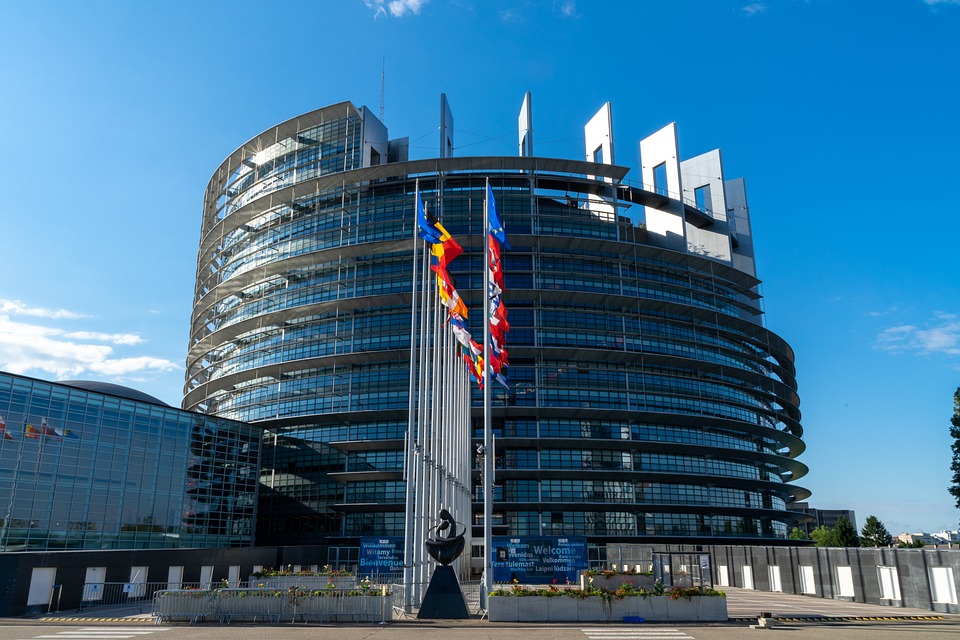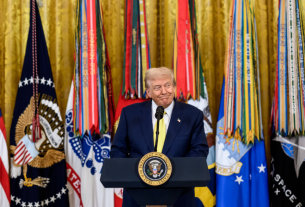The European Union has firmly rejected Russia’s demand for sanctions relief, emphasizing that any changes to the current sanctions regime will only occur after Russia’s “unconditional withdrawal” from Ukrainian territory. This stance follows a surprising demand from Moscow, requesting the reconnection of Russian financial entities, such as Rosselkhozbank, to the SWIFT payment system. Russia made the request as a condition for halting attacks in the Black Sea, a prelude to a ceasefire brokered by the United States.
The European Commission reiterated that the sanctions will remain in place until Russia demonstrates a genuine commitment to ending its “unprovoked and unjustified aggression” in Ukraine. “Any peace deal must lead to a just and long-lasting peace in Ukraine,” a Commission spokesperson said. The EU’s priority remains increasing pressure on Russia, using the full range of available sanctions tools.
SWIFT, a key international payment network, expelled several Russian banks after the invasion began, significantly hampering Russia’s financial operations. While Russia has developed alternative systems like SPFS, the loss of access to SWIFT remains a major setback for its economy, especially in the agricultural sector.
Despite Moscow’s push, the EU’s position remains resolute. At a recent summit in Paris, French President Emmanuel Macron and German Chancellor Olaf Scholz both rejected any sanctions relief until the war ends. Ukraine’s President Volodymyr Zelenskyy also reinforced this sentiment, calling for even more sanctions to tighten the economic pressure on Russia.
The situation highlights the delicate balance within the EU, where sanctions must be renewed every six months by unanimous vote. While countries like Hungary have previously threatened to block extensions, the EU has largely remained united in its stance against easing sanctions prematurely.
U.S. officials, including Treasury Secretary Scott Bessent, have acknowledged that Russia’s demands are premature. Discussions continue, but the ultimate decision to lift or adjust sanctions rests with the EU, which holds the key to SWIFT access.
As the war drags on, the EU’s unified approach is likely to endure, prioritizing pressure over relief until there is tangible evidence of Russian withdrawal and commitment to peace.



